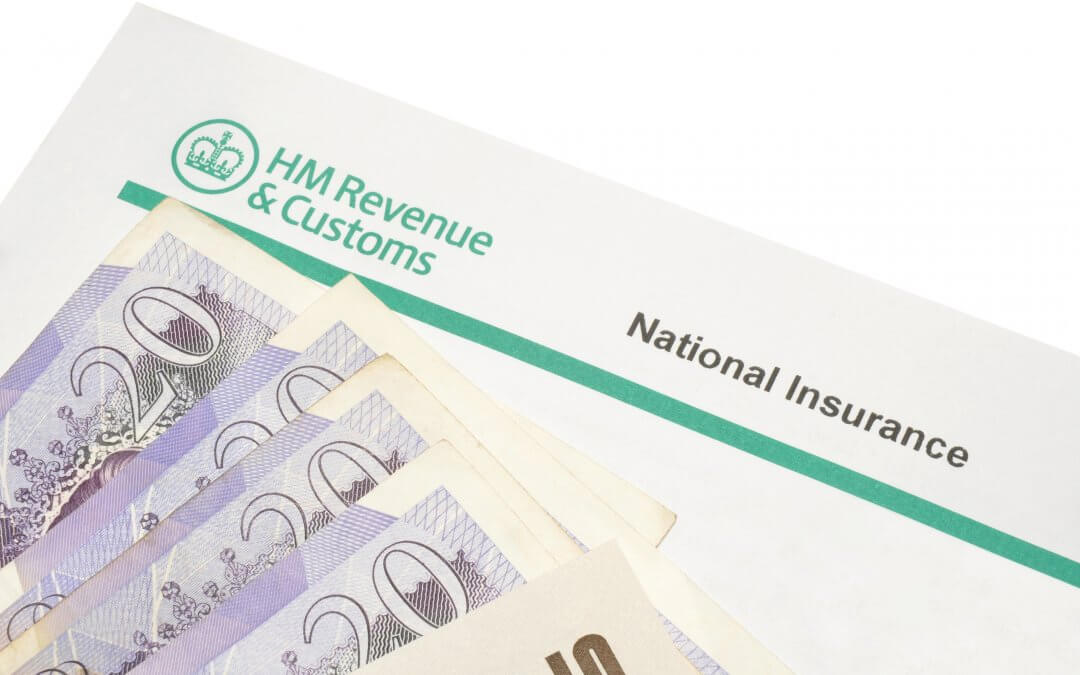From April 6 2022 to April 5 2023, National Insurance contributions (NICs) will increase by 1.25% for both Employee and Employer contributions. Known as the Health and Social Care Levy, this money will be spent on the NHS, health and social care in the UK.
This will apply to people who pay Class 1 National Insurance (employees), Class 4 National Insurance (self-employed) and secondary Class 1, 1A and 1B (employers). However, if you’re over the state pension age, these changes won’t apply to you.
From 2023, this health and social care levy element will be separated from other national insurance contributions and the exact amount employees pay will be visible on their payslips or tax returns.
What does the Levy mean for limited company directors?
Directors are classed as employees. This means that as a director you pay Class 1 NIC on annual earnings of over £9658 so anything you earn over this threshold in a year, you will have to pay an additional 1.25% in national insurance for this Levy.
However, even though you could pay yourself the remainder in dividends since the National Insurance tax doesn’t apply to dividends, the Prime Minister announced a 1.25% increase on dividend tax from April 2022 to help fund the NHS, health and social care in the UK. You can find out more about the increase in dividend tax here.
When it comes to tax, you should always seek professional advice from an expert or for more guidance on NIC or dividend tax as a limited company director, visit the government’s website here.
What does it mean for employers?
As an employer, you will pay ‘secondary’ Class 1 National Insurance contributions on employees’ earnings. The current rate for ‘secondary’ Class 1 National Insurance (at the time of publishing this article) is on employees earnings above £8,480 13.8%.
From April 6 2022 to April 5 2023 this rate will increase by 1.25% meaning that on employee earnings over £8,840 you will have to pay 15.05%. As above, for anything related to tax, you should consult an expert.
What does it mean for employees?
Employees currently pay Class 1 National Insurance, which will also increase by 1.25%. This National Insurance tax is taken by the employer before their wages are taken so it is the employer’s responsibility to update this. No action is needed by employees.
What does it mean for self-employed?
If you’re self-employed you will pay Class 2 and Class 4 National Insurance depending on how much profit you have. The % you pay depends on profits made in a year.
Class 4 National Insurance will increase from 9% to 10.25% (currently on profits between £9,569 and £50,270) from April 6, 2022, to April 5, 2023. On profits over £50,270, the National Insurance tax rate will rise from 2% to 3.25%.
If you’re self-employed and want to become more tax-efficient by becoming a limited company, we can help. Our company formations bundles start from just £9.99 and our expert in house team will be on hand to help you with the transition process. Click here to see if your company name is available to register as a limited company.
For more information on the rise in National Insurance, you can visit the government’s website here.

